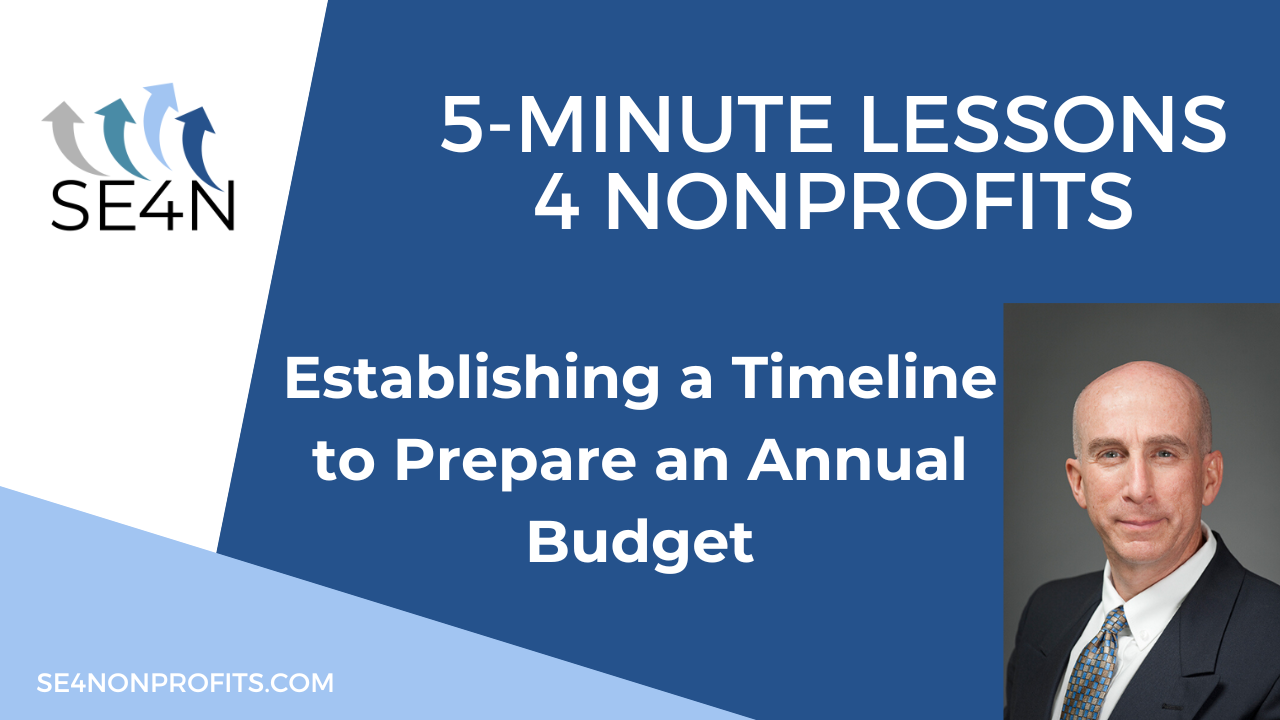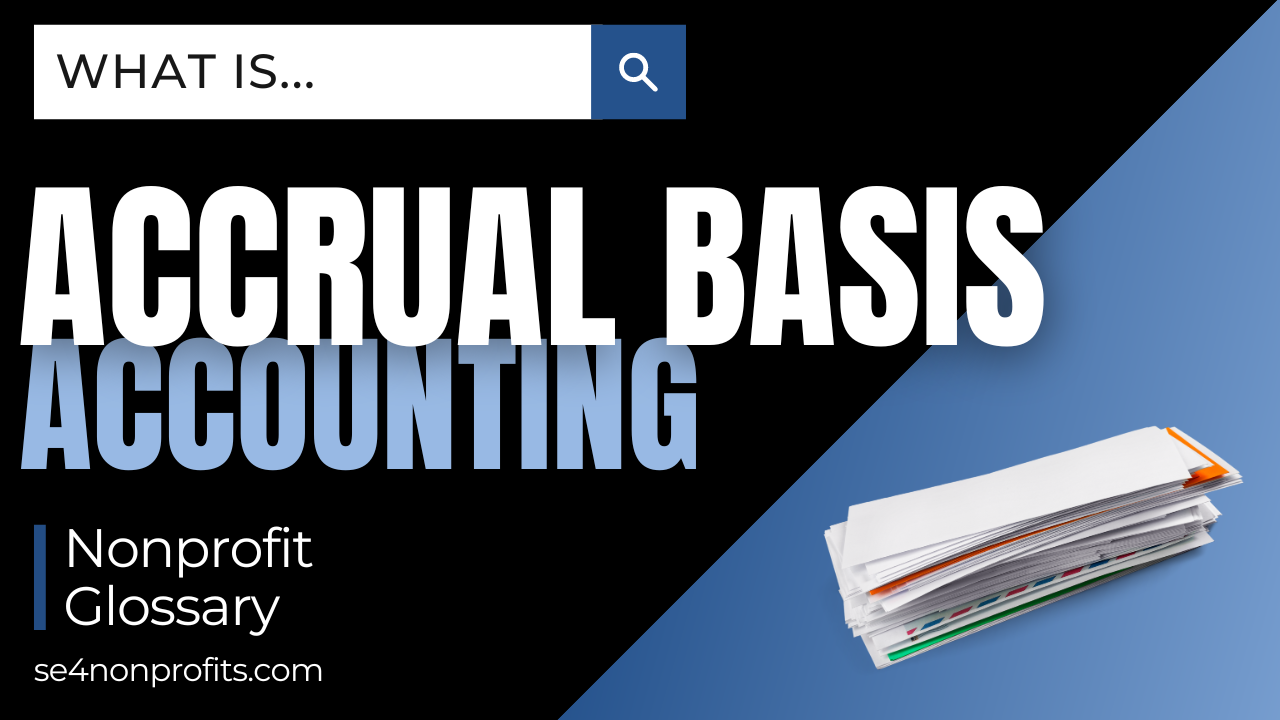
Blog.
Most Recent Posts

Q&A #157 – What are the legal limits of an Executive Committee’s authority?
Executive Committees are often granted wide-ranging authority to the to act on behalf of a nonprofit organization and exercise the powers of the Board of Directors in between Board meetings. Absent additional, clarifying language in the Bylaws, committee charter, or Board resolutions, there are generally few legal limitations on an Executive Committee’s authority. However, there are some explicit and implicit limits that are important to consider

Defining the Purposes and Roles of the Executive Committee
The executive committee (EC) can be one of a nonprofit organization’s most powerful governance tools. However, ECs are often poorly positioned and structured, with too much emphasis on who sits on the EC and too little thought about how it will be used. Reimaging and restructuring your organization’s EC with a focus on its purposes and roles will pay big dividends in the future.

VIDEO: Establishing a Timeline to Prepare an Annual Budget | 5-Minute Lessons 4 Nonprofits
SE4N's A. Michael Gellman provides a short lesson on the scheduling and timing of the different phases of the budget building process for nonprofit organizations, including how much time to allot for budget preparation and approval and how to structure a work plan for creating initial and final drafts of the budget, seeking feedback from staff, management, and Board members, through the end of the budget approval process.

Q&A #156 – Who is considered a family member under nonprofit conflict of interest rules?
Extended family members such as aunts, uncles, and cousins generally fall outside of the technical definition of “family members” under the federal tax code provisions governing conflicts of interest involving 501(c)(3) nonprofit organizations. However, these types of relationships can certainly lead to the perception that there is a conflict and should be treated as such to avoid the risk of damaging your organization’s reputation.

VIDEO: What is the 501(h) Election? | Nonprofit Glossary
SE4N's Benjamin Takis provides a short summary of the 501(h) election, how it affects the lobbying limits applied to 501(c)(3) nonprofit organizations, how the 501(h) "expenditure test" is different from the "no substantial part" test, and how a public charity makes the 501(h) election.

The Functional Approach to Budgeting for Expenses
Often, we refer to the size of a nonprofit organization by the total expenses within its annual operating budget. This emphasizes the important role of expenses in the budget while also serving as a measure of an organization’s capacity to provide programs and services. To get the best possible budget for expenses, nonprofits should use a functional (programmatic) approach that better displays the cost of programs, activities, and operations and encourages staff ownership and accountability.

Q&A #155 – Can a nonprofit convert to 501(c)(3) status from another tax-exempt status?
An organization that was previously recognized as tax-exempt under another subsection of 501(c), such as 501(c)(4) or 501(c)(6), generally may convert to 501(c)(3) status by making the necessary amendments to its Articles of Incorporation and submitting a Form 1023 application to the IRS. However, there may be complications to this process if the organization’s activities have not been consistent with 501(c)(3) status.

VIDEO: What is Accrual Basis Accounting? | Nonprofit Glossary
SE4N's A. Michael Gellman provides a short summary of the definition of accrual basis accounting, its pros and cons, when accrual basis may not be worth the complication and cost, and what nonprofit organizations can do to ease the transition to accrual basis accounting.

Budgeting for Salaries is Key to the Nonprofit Budget Building Process
When preparing a nonprofit organization expense budget, I generally favor using a programs and operations approach rather than an expense by line-item method. The one exception is budgeting for staff costs (salaries, employee benefits, and payroll taxes), which is usually the largest expense line-item in a nonprofit’s budget. Preparing a separate labor budget at the front end of the budget building process will enhance planning and improve management of the organization’s workforce.

VIDEO: Opening a Bank Account for a New Nonprofit | 5-Minute Lessons 4 Nonprofits
SE4N's Benjamin Takis provides a short lesson on what new nonprofit organizations should have in mind when opening a bank account, including the preliminary steps that must be completed before opening the account and what documents and information the bank will require.

Q&A #154 – Are nonprofits required to have a document retention and destruction policy?
Sections 802 and 1102 of the Sarbanes-Oxley Act generally prohibit all persons, including nonprofit organizations, from destroying, falsifying, or otherwise modifying records to obstruct a federal proceeding or investigation. There is no specific requirement under federal law to have a document retention and destruction policy (sometimes called a record retention policy), but having one is a recommended best practice to prevent violations of this law and to demonstrate the organization’s commitment to transparency and accountability.

VIDEO: What is a Registered Agent? | Nonprofit Glossary
SE4N's Benjamin Takis provides a short summary of what a “registered agent” is, why state law requires nonprofit organizations to name a registered agent if the organization is incorporated in the state or doing business in the state, and who can serve as a registered agent.

Budgeting for Nonprofit Organizations and Why It’s Important to Start with Revenue and Support
Assembling a budget for a nonprofit organization often feels like an endeavor that requires more artistic methods than scientific computations. This is especially true when it comes to budgeting for revenue and support, which is usually hard to predict with accuracy. To help balance the art (intuition) with the science (analysis) of budget building, consider using a “funding-first” approach.

VIDEO: Applying the Segregation of Duties Principle | 5-Minute Lessons 4 Nonprofits
SE4N's A. Michael Gellman provides a short lesson on the importance of the segregation of duties (SOD) principle to nonprofit organizations, explaining how SOD is crucial not just for its standard checks and balances role, but also to help ensure that a transaction or process is a good use of resources, aligns with the mission, and enhances sustainability.

Q&A #153 – Are nonprofits required to have a whistleblower policy?
Section 1107 of the Sarbanes-Oxley Act prohibits all persons, including nonprofit organizations, from knowingly retaliating against certain whistleblowers. There is no specific requirement under federal law to have a whistleblower policy, but having one is a strongly recommended best practice to prevent violations of this law and to demonstrate the organization’s commitment to transparency and accountability.